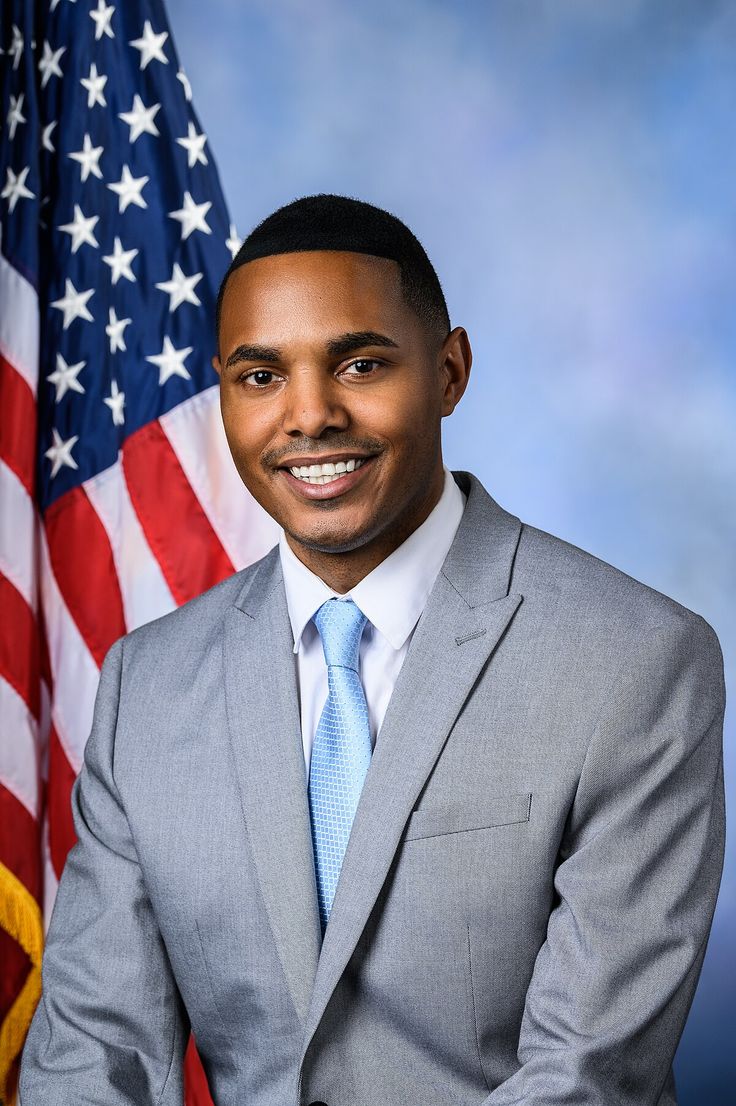“Steve Bannon’s War Room: Inside the Mind of a Political Strategist”
Origins and Evolution of the War Room
Steve Bannon’s War Room began as a podcast during Donald Trump’s first impeachment proceedings in 2019, initially titled War Room: Impeachment, and was later expanded to War Room: Pandemic in 2020 to address issues related to COVID-19 before becoming a broader platform for populist and nationalist discourse.
Broadcast from a basement studio near the U.S. Capitol, the show airs four hours daily from Monday to Friday and two hours on Saturdays, making it a relentless force in shaping political narratives. Its consistent ranking in the top 10 political podcasts in the U.S. as noted by Charts underscores its reach and influence.
Leveraging his experience as Trump’s 2016 campaign strategist and a former Breitbart News executive, Bannon used the War Room to maintain the momentum of the populist surge that fueled Trump’s initial rise.
Bannon’s Strategic Vision
Bannon’s War Room is not simply a media outlet, but a deliberate political operation designed to galvanize a grassroots movement. Described as a “force multiplier,” the podcast seeks to transform its audience—called the “War Room Posse”—into an active cadre of political activists. Bannon encourages listeners to get involved at all levels of the political process, from local precinct positions to election oversight, emphasizing grassroots control over the Republican Party’s infrastructure.
His strategy involves developing “vanguards” of activists who focus on individuals who influence local politics, such as election boards and school boards, rather than targeting a mass audience. This approach has produced tangible results, with ProPublica reporting a surge in Republican precinct position sign-ups following Bannon’s advocacy.
Bannon’s vision goes beyond domestic politics; He has expressed ambitions to unite populist movements globally, including supporting far-right parties in Europe such as Germany’s Alternative for Germany (AfD).
Bannon’s Worldview and Ideology
Bannon’s War Room reflects his broader ideological framework, which blends populist nationalism, anti-establishment sentiment, and traditionalist values. He presents the show as a counter to the “administrative state” and globalist policies, advocating policies such as restrictive immigration, reduced government spending, and skepticism toward institutions such as mainstream media and Big Tech.
Bannon’s rhetoric often portrays the US as standing in a cultural and political abyss, urging listeners to resist perceived threats to traditional values. His international outlook includes controversial support for closer US-Russia ties to counter China and support for far-right European movements, drawing criticism for associations with extremist ideologies. His studio, filled with Christian symbolism and political slogans, underscores this blend of religious traditionalism and political belligerence.
Impact and Influence
The War Room has become a central node in the MAGA ecosystem, described by allies such as Mike Davis as the movement’s “intellectual leader”. It has influenced Republican politics by hosting future party leaders and shaping narratives that resonate with Trump’s base, with Trump himself reportedly being a regular viewer.
The podcast’s impact is evident in its ability to mobilize supporters, as seen in its increased recruitment of precinct officers and its role as a fundraising “gold mine” for Republican candidates. However, critics argue that the spread of misinformation, particularly around election integrity, poses a threat to democratic institutions, contributing to political polarization and distrust.
Bannon’s legal troubles, including a 2024 prison sentence for contempt of Congress and ongoing fraud charges, have not diminished his influence, as he continued to broadcast from prison and resumed with vigor after his release.
Media and Cultural Significance
The War Room exemplifies the emerging role of digital media in politics, leveraging podcasts, social media, and live streaming to create a community of connected supporters. Bannon’s ability to create a sense of shared purpose, noted by experts like Megan Squire, turns passive listeners into active participants in his political vision.
The podcast’s high production frequency and reach on platforms like Real America’s Voice and Rumble ensure that its message reaches millions, making it a powerful tool for shaping public opinion and advancing political action. Its blend of entertainment, policy discussion, and ideological fervor establishes it as a unique case study in how media can amplify populist movements in the digital age.
Share this content:




Post Comment